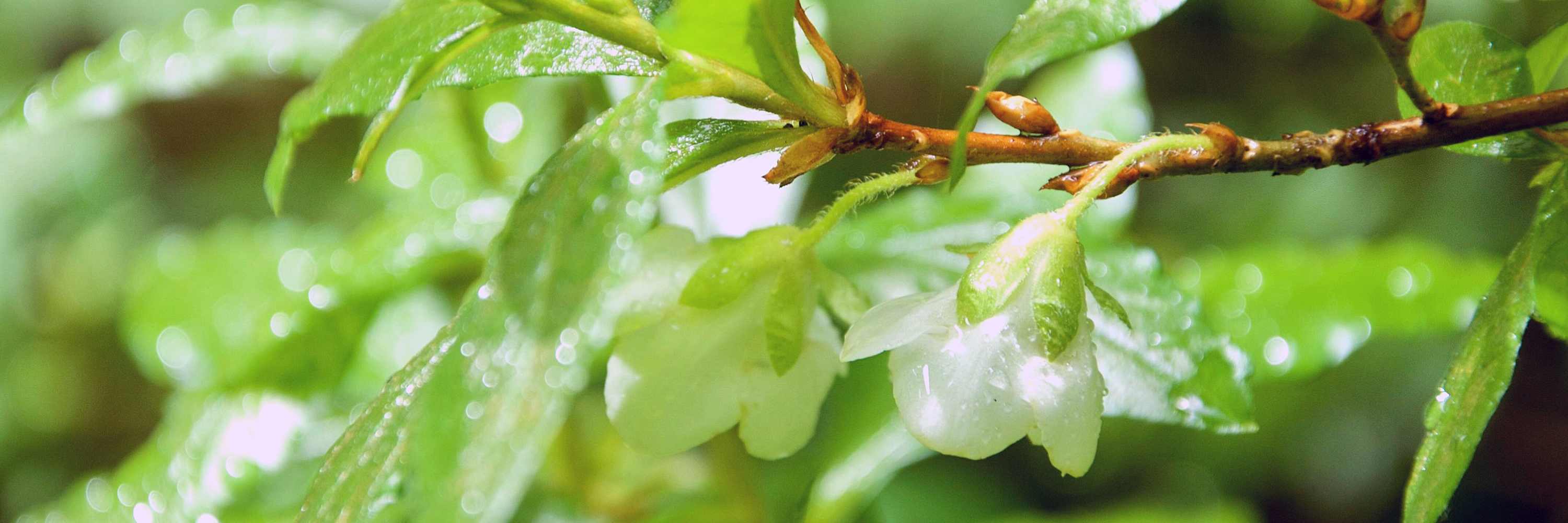Presentations
In August of 2019, researchers from around the world shared about their work being done in the areas of Indigenous and local ecological knowledge, sacred forest groves, customary forest stewardship, policy and co-management and food security and sovereignty. Below are links to the presentations given on these topics at the conference.

Session 1.1: Indigenous Brilliance and Ancestral Knowing
Session 1.2: Sacred Groves
“Lectio Silvam: Reading the Forest with N. American Forester-Monks”: Jason Brown
“Restoration and Institutionalizing the Mazvihwa Community Sacred forest. Rambotemwa as a centre for cultivating community resilience and reverence for sacred traditional ecological knowledge”: Emmanuel Howe
Session 2.1 Policy and Co-Management
“Sustainability of traditional village groves (Maeulsoop) in Korea”: Yeo-Chang Youn
Session 2.2: Supporting Customary Stewardship
“Nanabush and the Reconciliation of Indigenous Values in Canadian Forestry”: Rosanne Van Schie
Session 3: Food Security and Food Sovereignty
“The Forest Over the Oil Sands: Bigstone Cree Nation Food and Ceremony in the Boreal Forest”: Bigstone Cree Nation
Lands Department and Janelle Baker